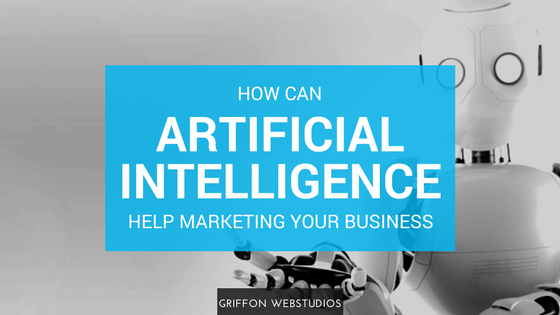
Automation Tools to Make Your Business More Efficient
In the age of digital transformation, it can be difficult to keep up with all the new technology and tools available. AI and marketing automation are two of the most powerful tools that businesses can use to increase efficiency and generate more leads. Let’s take a look at some of the best AI and marketing automation tools on the market today. Marketing Automation Tools Marketing automation tools are designed to streamline common marketing tasks so you can focus your time on higher-value activities. Popular marketing automation tools include MailChimp, Hootsuite, and HubSpot. These platforms help you create, schedule, and track campaigns; manage social media accounts; capture leads; and optimize content for search engine optimization (SEO). They also provide detailed analytics reports so you can measure the success of your campaigns. The latest marketing automation statistics show that the global market is projected to grow from $4,438.7 million in 2020 to $14,180.6 million in 2030 (Research and Markets, 2021). MailChimp MailChimp is a great option when it comes to automated email campaigns. It offers a wide range of features, including email list segmentation, automated emails based on user behavior, and tracking of open rates. MailChimp also provides detailed analytics so you







